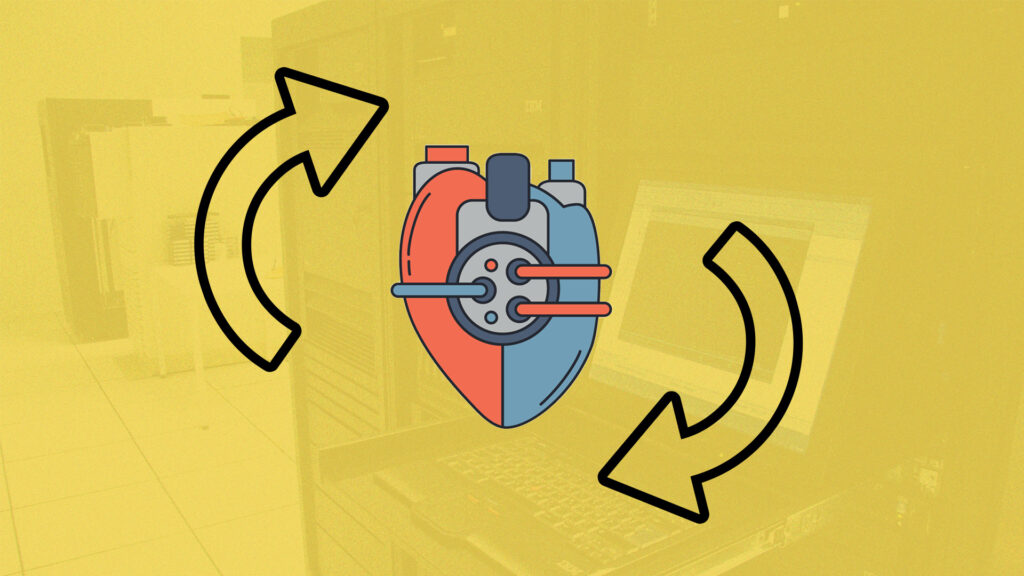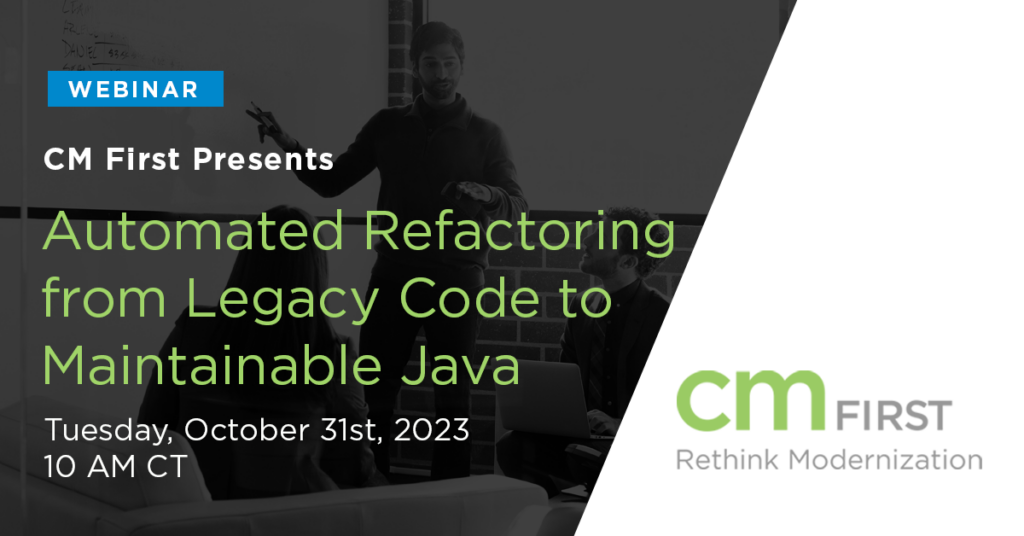Many companies that adopt Robotic Process Automation enjoy substantial early gains from their efforts, including greater efficiencies and reduced menial labor, and win plenty of fans throughout the company. If your organization has yet to implement RPA and you believe it’s a good move, you’ll want to make a solid case to get that effort
In the world of programming languages, two giants have stood the test of time: COBOL and Java. While Java has become the go-to language for modern web development, COBOL continues to power critical systems in industries such as finance and healthcare. This article will delve into the technical differences between COBOL and Java, bridging the
In our Modernization Strategies series, we look at the full range of modernization pathways available to organizations that maintain legacy applications. Today, we will focus on the ‘replace’ strategy. The ‘Replace’ Strategy Explained The replace strategy involves swapping out an old system with a new one that better fits the current and future needs of
In this webinar, you will learn how to "refactor" your legacy app developed in COBOL, RPG, or CA 2E (Synon) directly to maintainable runtime-free Java and JS. Demo included.
In our Modernization Strategies series, we look at the full range of modernization pathways available to organizations that maintain legacy applications. In this article, we focus on refactoring, a key process that involves modifying and improving the internal structure of code without altering its external behavior. This concept becomes particularly significant when dealing with legacy
In our Modernization Strategies series, we look at the full range of modernization pathways available to organizations that maintain legacy applications. In this article, we focus on Replatforming. I’ll define it, explain the pros and cons, and outline best practices. What is Replatforming? Replatforming, also known as “lift-tinker-and-shift,” involves moving parts of a system without
In our Modernization Strategies series, we take a look at the full range of modernization pathways available to organizations that maintain legacy applications. In this article, we focus on the first and most basic modernization strategy Rehosting, or ‘lift and shift’. We’ll define it, explain the pros and cons, and outline best practices. What is
There’s a good chance you’ve heard great things about Robotic Process Automation (RPA) with its ability to lower costs, reduce errors, and help your organization process information faster than ever before. With little effort, you can imagine how it might transform your knowledge worker jobs and uplift your company to a much improved competitive force
Artificial Intelligence (AI) is transforming numerous industries, and software development is no exception. AI can be employed throughout the development cycle, from initial design to implementation, testing, and maintenance. Machine learning algorithms aid in bug detection, while AI-powered predictive models forecast potential issues, enhancing the software’s overall quality and reliability. The potential for efficiency gains
If you have experience with a vendor lock-in arrangement, you know the drill. Experiences vary, but there’s a good chance you found yourself uncomfortably dependent on your software vendor. In hindsight, you probably got there for a good reason: the vendor offered a fully functional, pre-built solution that helped you quickly achieve your company’s business











